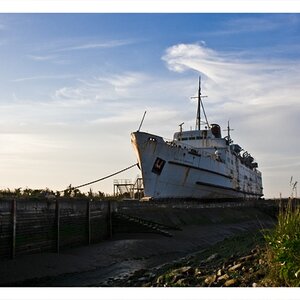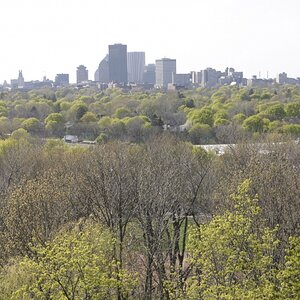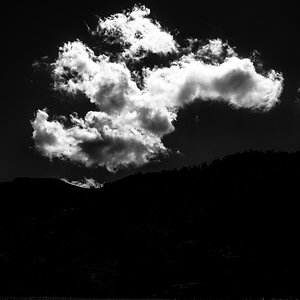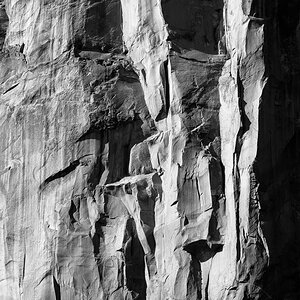Adsy
TPF Noob!
- Joined
- Feb 4, 2015
- Messages
- 5
- Reaction score
- 0
- Can others edit my Photos
- Photos OK to edit
Hey everyone!
I'm a very amateur photographer and i'm looking for a bridge camera with decent zoom (preferably 30x or more) and MUST have a lithium-ion battery as I don't want to faf about with AA batteries.
Also the smaller the better, I don't want big and chunky and I know the bridge camera's can be a bit bulky.
I was looking at the Nikon P100 as it seemed quite small for a bridge.
My price range is around £150 but willing to push a bit more if it's worth it
Any help greatly appreciated!
I'm a very amateur photographer and i'm looking for a bridge camera with decent zoom (preferably 30x or more) and MUST have a lithium-ion battery as I don't want to faf about with AA batteries.
Also the smaller the better, I don't want big and chunky and I know the bridge camera's can be a bit bulky.
I was looking at the Nikon P100 as it seemed quite small for a bridge.
My price range is around £150 but willing to push a bit more if it's worth it
Any help greatly appreciated!



![[No title]](/data/xfmg/thumbnail/38/38261-db20f6f92ee8f0d4c5cf1536e308638b.jpg?1619738546)









![[No title]](/data/xfmg/thumbnail/34/34142-948c6bafdf60862125009004d5a06e46.jpg?1619736315)